15 de May de 2025
What is better, renting or buying?
The decision between renting and buying a home is one of the most important you will ever make. Both options have advantages and disadvantages, and the right choice will depend on your financial situation, personal goals, and individual preferences. In this article, we will explore the pros and cons of renting and buying to help you make an informed decision.
Advantages of Renting:
1. Lower Financial Commitment: Renting typically requires a lower initial financial commitment compared to buying a home, which involves a down payment, closing costs, and a mortgage.
2. Greater Flexibility: When renting, you can more easily change locations or living arrangements if your circumstances change, such as a new job or a growing family.
3. Less Maintenance: Home maintenance and repairs are the responsibility of the landlord or property manager in a rental, freeing you from worries and unexpected expenses.
4. Fixed Expenses: Rental expenses tend to be more predictable, making short-term financial planning easier.
1. Lower Financial Commitment: Renting typically requires a lower initial financial commitment compared to buying a home, which involves a down payment, closing costs, and a mortgage.
2. Greater Flexibility: When renting, you can more easily change locations or living arrangements if your circumstances change, such as a new job or a growing family.
3. Less Maintenance: Home maintenance and repairs are the responsibility of the landlord or property manager in a rental, freeing you from worries and unexpected expenses.
4. Fixed Expenses: Rental expenses tend to be more predictable, making short-term financial planning easier.
Disadvantages of Renting:
1. No Equity Building: When you rent, you are not building equity in a property, as the rental money goes toward paying rent rather than increasing the value of a home.
2. Lack of Control: As a renter, you have no control over the property and are subject to the landlord’s policies, including the possibility of lease changes or eviction.
3. Rent Increases: Landlords can increase your rent at the end of your lease, which can make living in the same location more expensive over time.
1. No Equity Building: When you rent, you are not building equity in a property, as the rental money goes toward paying rent rather than increasing the value of a home.
2. Lack of Control: As a renter, you have no control over the property and are subject to the landlord’s policies, including the possibility of lease changes or eviction.
3. Rent Increases: Landlords can increase your rent at the end of your lease, which can make living in the same location more expensive over time.
Advantages of Buying:
1. Building Equity: Buying a home allows you to build equity as you pay off your mortgage and the property increases in value over time. 2. Long-Term Stability: Owning a home offers long-term stability, as you are not subject to rent increases or the possibility of eviction.
3. Personalization: As a homeowner, you can customize and modify your home to your tastes and needs without significant restrictions.
4. Potential Tax Benefits: You may be eligible for tax benefits, such as mortgage interest tax deductions and tax-exempt capital gains in certain cases.
1. Building Equity: Buying a home allows you to build equity as you pay off your mortgage and the property increases in value over time. 2. Long-Term Stability: Owning a home offers long-term stability, as you are not subject to rent increases or the possibility of eviction.
3. Personalization: As a homeowner, you can customize and modify your home to your tastes and needs without significant restrictions.
4. Potential Tax Benefits: You may be eligible for tax benefits, such as mortgage interest tax deductions and tax-exempt capital gains in certain cases.
Disadvantages of Buying:
1. Long-Term Financial Commitment: Buying a home requires a long-term financial commitment, including a significant down payment and monthly mortgage payments for many years.
2. Maintenance and Repairs: As a homeowner, you are responsible for all home maintenance and repair costs, which can be expensive and unpredictable.
1. Long-Term Financial Commitment: Buying a home requires a long-term financial commitment, including a significant down payment and monthly mortgage payments for many years.
2. Maintenance and Repairs: As a homeowner, you are responsible for all home maintenance and repair costs, which can be expensive and unpredictable.
3. Less Flexibility: Owning a home can limit your ability to move or change residences quickly, which can be problematic in certain situations.
Ultimately, the decision to rent or buy will depend on your individual situation and personal goals. If you value long-term stability, building equity, and personalizing your home, buying may be the best option. If you’re looking for greater flexibility and less financial commitment, renting may be the right choice.
Carefully evaluate your needs and resources before making a decision, and consider consulting a financial or real estate professional for personalized guidance.


